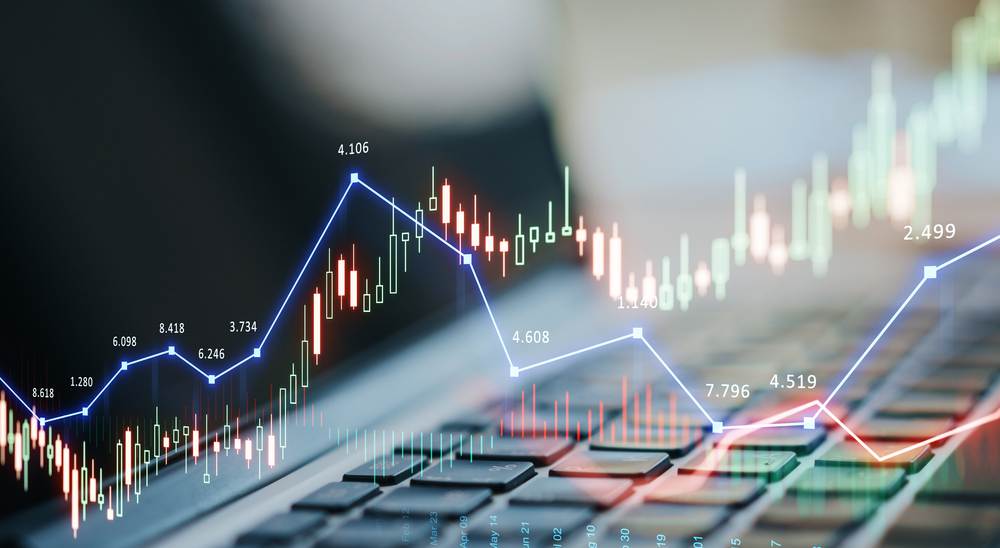Here are all the Trump insiders who sold off billions in stocks before tariff announcement

Executives from some of America’s biggest companies sold off billions of dollars in shares right before Trump’s tariff announcement hit the markets. The trades happened during the first quarter of 2025, as tension built around the White House’s next economic move.
According to Bloomberg, names like Mark Zuckerberg, Safra Catz, and Jamie Dimon all dumped massive blocks of stock while prices were still high. By the time Trump rolled out new tariffs on April 2, tech stocks had already started bleeding. Every one of those early sellers dodged a bullet, and the timing is loud as hell.
Zuckerberg sold 1.1 million shares of Meta through his Chan Zuckerberg Initiative and its connected nonprofit. Those sales brought in $733 million before Meta’s stock took a 32% nosedive. The trades happened in January and February, when shares were still above $600. On February 14, Meta hit a high of over $736, the same day Zuckerberg’s net worth peaked at $259 billion. As of the last count, he’s down to $178 billion, still ranked third in the world behind Elon Musk and Jeff Bezos.
Catz didn’t wait around either. The Oracle CEO exercised and sold off 3.8 million shares in January, worth $705 million total. At the time, Oracle’s stock was trading above $180, but it has since dropped more than 30%. Bloomberg listed her net worth at $2.4 billion for the first time, mostly from this sale and her remaining holdings. Public filings showed the trades followed a 10b5-1 plan, which she typically uses when her options are set to expire. Her personal stake in Oracle is smaller now, but her bank balance isn’t.
Jamie Dimon, the JPMorgan boss, pulled out $234 million from the market in Q1. His first big trade happened on February 20, right after the bank’s stock hit a 2025 high. Bloomberg said he has a net worth of $3 billion, and his selling didn’t stop in Q1. On April 14, he dumped another 133,639 shares worth $31.5 million, bringing his total this year to over $265 million.
Executives sold billions as Trump’s tariffs loomed
The first quarter wasn’t quiet. Trump’s team hinted at sweeping tariffs leading up to April 2, a day he branded as “Liberation Day.” That threat shook investors. By the time the announcement dropped, billions had already been erased from global markets. The tech world felt it the hardest. Elon Musk reportedly lost $129 billion this year as stocks tied to phones, chips, and software kept slipping. A few billionaires are already buying the dip, but plenty have already made their exit.
The Washington Service tracked a total of 3,867 people who sold stock in Q1 2025, totaling $15.5 billion. That’s lower than Q1 2024, when 4,702 people sold $28.1 billion worth of shares. That wave last year was led by Bezos, who sold $8.5 billion in Amazon stock in February. This year, the exits were more balanced. Ten people sold over $3.8 billion combined.
Nikesh Arora, CEO of Palo Alto Networks, dumped 2.36 million shares worth over $432 million. He’s been exercising stock options at the beginning of each month under a 10b5-1 plan from March 2024, and filings show he’s continued selling through April. His total take this year is now more than $565 million, with over $100 million in exercise costs.
Max de Groen, a Nutanix board member from Bain Capital, sold 5.5 million shares worth $409 million. Bain converted a note last summer that gave them 16.9 million shares. De Groen said at the time that Bain didn’t plan to sell, but eight months later, they flipped about a third. Nutanix’s stock climbed more than 56% between the note conversion and the sale on March 4. Since then, it’s dropped 20%.
Chuck Davis, co-CEO at Stone Point Capital, sits on the board of Axis Capital Holdings, a Bermuda insurance firm. Axis repurchased $400 million worth of its own stock in February and March from an investment vehicle run by Stone Point. Davis’s name is tied to 4.37 million shares sold for just under $400 million.
Stock dump continued across tech, banking, and healthcare
Stephen Cohen, president of Palantir, got out with $337 million in Q1. His shares were sold under a 10b5-1 plan, part of a larger wave. Palantir insiders offloaded $4 billion last year, and 2025’s off to a similar start. The company’s stock doubled between mid-January and mid-February, and it’s still up 24% year-to-date. Cohen’s personal worth now sits at $3.3 billion, most of it tied to Denver-based Palantir options.
Eric Lefkofsky, CEO of Tempus AI, sold 4.05 million shares worth $231 million. Tempus went public in June, and shares have climbed more than 9% since. A rep from the company said some of the sales covered IPO costs. Lefkofsky has a 10b5-1 plan that lets him sell 1% of his stake every quarter.
Ted Sarandos, co-CEO of Netflix, sold 199,063 shares for nearly $195 million on January 30. He used $21 million to exercise the options, which expire between 2026 and 2032. He’d set up the 10b5-1 plan back in October.
Travis Boersma, co-founder of Dutch Bros, sold 2.5 million shares for $189 million in February. The shares were held in trusts under his control. He launched the Oregon coffee brand with his late brother in 1992. He used to be a dairy farmer, and became a billionaire in 2021 when the company went public.
* The content presented above, whether from a third party or not, is considered as general advice only. This article should not be construed as containing investment advice, investment recommendations, an offer of or solicitation for any transactions in financial instruments.


